qatar
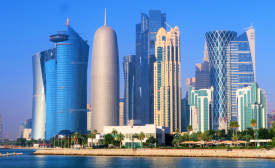
The United Arab Emirates (UAE) and Qatar generously invest in their public diplomacy - does it resonate in the U.S.?
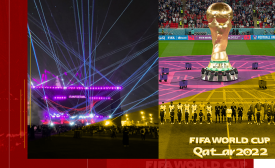
CPD Visiting Scholar and U.S. Public Diplomat in Residence Matthew Asada conducts the first inter-event comparison of FIFA 2022 and Expo 2020.
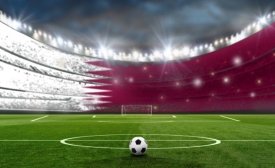
David Ellwood of Johns Hopkins SAIS Bologna analyzes Qatar's public diplomacy strategies and soft power following the end of the 2022 World Cup.
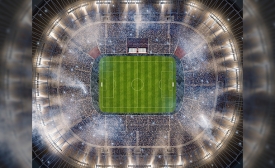
What lessons might apply to LA and other North American cities as they prepare to host the 2026 FIFA World Cup and 2028 Summer Olympics?
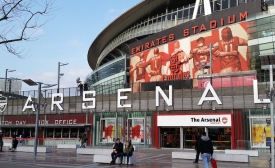
David Ellwood, Senior Adjunct Professor of Johns Hopkins University, SAIS – Bologna, discusses the risks and opportunities of Persian Gulf countries' investments in Soccer.
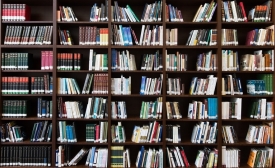
New forms of international relations, where knowledge diplomacy is a significant soft power tool, are being shaped.
Ambassador Tom Fletcher discusses the results of the Soft Power 30 report.







